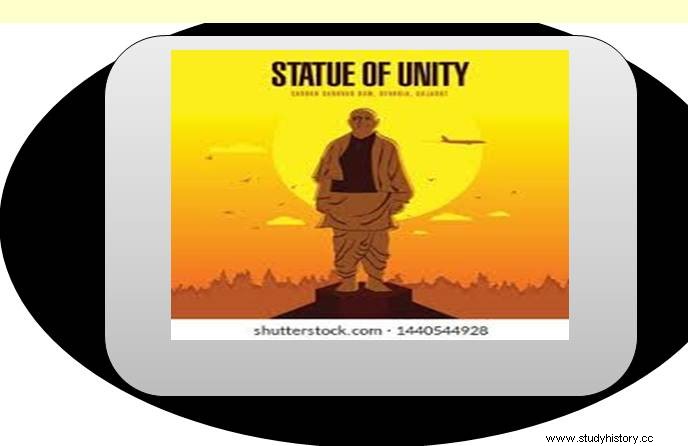
At the time of partition of India, Sardar Patel was accused of favoring Hindus and doing communal politics. Maulana Azad has criticized Patel a lot in his book. Hindu nationalist forces have also been accusing him of being hasty in accepting the partition of India. Supporters of Subhash Chandra Bose accuse Sardar Patel of taking Gandhi's side all his life and working to weaken Gandhi's opponents.
Socialist leaders Jayaprakash and Ashok Mehta have accused Sardar Patel of personally taking the side of Indian industrialists, especially the Birla family and the Sarabhai family. Some historians have accused him that he did not allow the native states to work on their own discretion and self-will for the integration of the native states. History is witness that all the allegations leveled against Patel are baseless.
For the integration of India and the integration of the native states, this country is indebted to Patel as much as to Vishnugupta Chanakya, Chandragupta Maurya and Samudragupta. Dr. Rajendra Prasad and J.R.D. Tata believed that Patel would have been a better prime minister than Nehru. He was the most successful Home Minister of India. Time magazine printed his portrait on its cover page in its January 1947 issue.
On his death, the Manchester Guardian wrote that the same person seldom succeeded as a rebel and a statesman, but Patel was an exception in this regard. For years after Patel's death, the government neither published any literature about Patel nor organized any events in his memory. Sardar Patel National Memorial was established in 1980 in Ahmedabad. He was awarded the Bharat Ratna in 1991.
